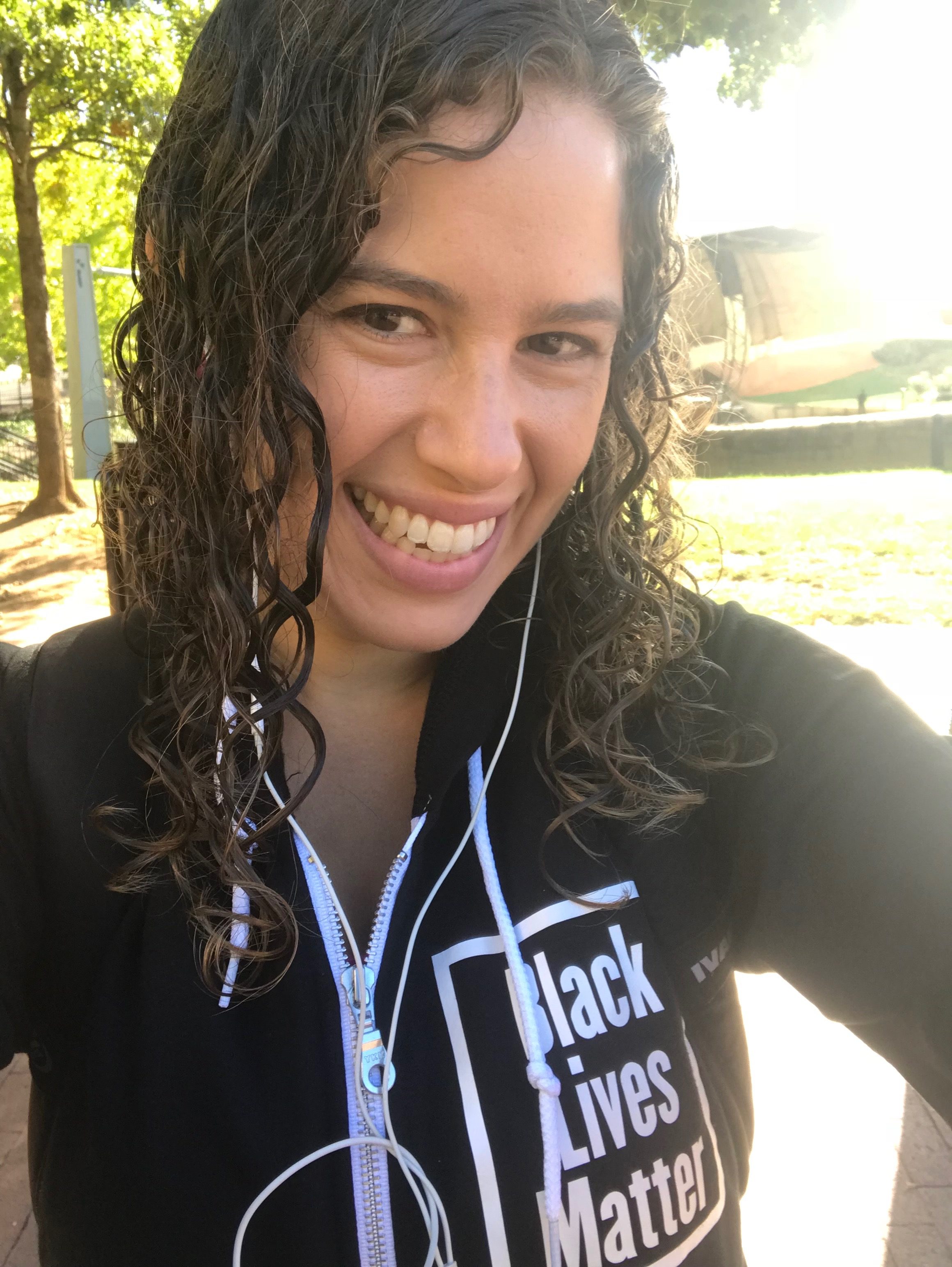When I told my partner about my series for this month on wedding planning, he asked if he could contribute. So here is his guest-post! Check out his writing on secular spirituality at his blog, The Empty Throne.
1) If you really want to choose something, first consider not choosing it.
When we were first discussing getting married, Mimi told me how, in college, she did not to think of herself as someone who would definitely get married someday. While at first I found this distressing, I later found strength and comfort in her explanation that her more recent decision to get married was made that much more confidently… clearly, she wasn’t getting married instinctually, by default, or out of societal expectations. By being able to feel whole in herself without marriage, she was consciously and confidently able to take on marriage as a life choice.
With all of the stress around wedding-planning, I recently realized that I myself had never considered not being married, but moreover, I had never considered not having a wedding. I attempted to imagine not having one, and how I would feel about that, and very quickly I felt far more confident in my choice—I’m happy about marrying Mimi, and I want to share that happiness through celebration. Pretty simple stuff, but it became much clearer after I attempted to consider not-wedding scenarios.
2) If you really want to choose something, make the choice a few times before announcing it.
My waves of excitement at having a wedding have many times now run aground on the frustrating politics of managing family and friends. If I could do it all over again, I would make more decisions with my partner before sharing them with the outside world. And I would mull over those decisions for at least a week. Given that I have never had a wedding before, my hopes for it and visions of it have changed over and over again, making my previous decisions seem short-sighted.
3) If you really want to choose something while in a partnership… be as open as possible.
Early on, I warned my partner against using the term “my wedding.” The loving/crushing reality continues to be that it is “our wedding,” and joyously/tragically the “our” often includes family and friends. A wedding is a minefield of decision-making, and I never seem to know when my hopes and dreams are about to run head-on into someone else’s. I have learned, as much as I can, to tread lightly. This one event seems to have many meanings for each person involved, and anxieties can be triggered by both the content and the process of making a wedding. I never realized how isolating it can be to throw a party celebrating a union. Because, of course, it is still “my” (own, child’s, etc.) wedding to many of the people involved—including myself. The powerful process of collective decision-making makes and breaks us.
These have all been hard, and terribly important, life lessons for me. In the Babylonian Talmud (Tractate Berachot), there is a list of this-worldly items that are “1/60th” of an other-worldly item, such as Sleep:Death, Dreams:Prophecy, Sabbath:World-to-come, etc. To this I add that love between two people is 1/60th of the messianic age—the arduous process of learning to effectively love oneself and another, we get a taste of what is necessary to make peace for the whole world. Life and love together is made of all of this decision-making, and we need all the practice we get in order to get better at it!
